What is margin? How does it relate to savings?
Margin allows you to create space within your financial life to weather unexpected challenges and seize future opportunities without compromising your relationship or your dreams. Creating margin through savings can give you the ability to accomplish your dreams freely!
There are two types of margin you should have in place:
Cash On Hand Savings (Financial Reserves)
Monthly Savings (Operational Margin)
1. Cash On Hand Savings (Financial Reserves)
Having money set aside in savings is the foundation for financial security. It enables you to focus on your goals and aspirations without constantly worrying about making ends meet. Financial reserves allow you to contemplate and invest in your future, whether that involves buying a home, starting a business, or embarking on exciting adventures. It's like having a safety net that ensures you can handle unexpected expenses without strain. In short, cash on hand allows you to sleep a lot better at night!
GOAL: Aim to have at least three months' worth of operating expenses saved in your emergency fund. This ensures you can navigate through challenging times without jeopardizing your financial stability.
2. Monthly Savings (Operational Margin)
Operational margin for couples is all about managing your expenses in a way that allows you to consistently save money each month. Having a surplus of funds each month not only ensures that your current bills are covered without depleting your financial reserves but also paves the way for realizing your dreams.
GOAL: Strive for a 15 to 20-percent profit margin in your budget. This margin will enable you to start funding your cash-on-hand savings and accelerate your journey toward achieving your dreams.
Accomplishing Your Dreams Through Margin:
Through the margin created by savings, you will be able to experience:
Financial Freedom: Savings creates a financial safety net that allows you to pursue your dreams with confidence. Whether it's starting a business, starting a family, taking a dream vacation, or investing in further education, having savings provides you with the freedom to turn your dreams into reality.
Reduced Stress: Savings also eases the financial stress that can strain a daily life. With surplus funds each month, you can focus on financially thriving and making plans for the future, rather than worrying about making ends meet.
Shared Goals: When you work to maintain and build your savings, you'll naturally identify your dreams and aspirations, creating a defined vision for your future.
Flexibility: Whether you decide to change careers, relocate, or pursue a new passion, having margin in your finances ensures you have the resources to make those choices without hesitation.
By prioritizing savings, you can create a solid financial foundation that gives you the freedom to accomplish your dreams. So, where are you on this journey toward financial margin, and what dreams will you pursue? Remember, savings is your vehicle to accomplish your dreams!
